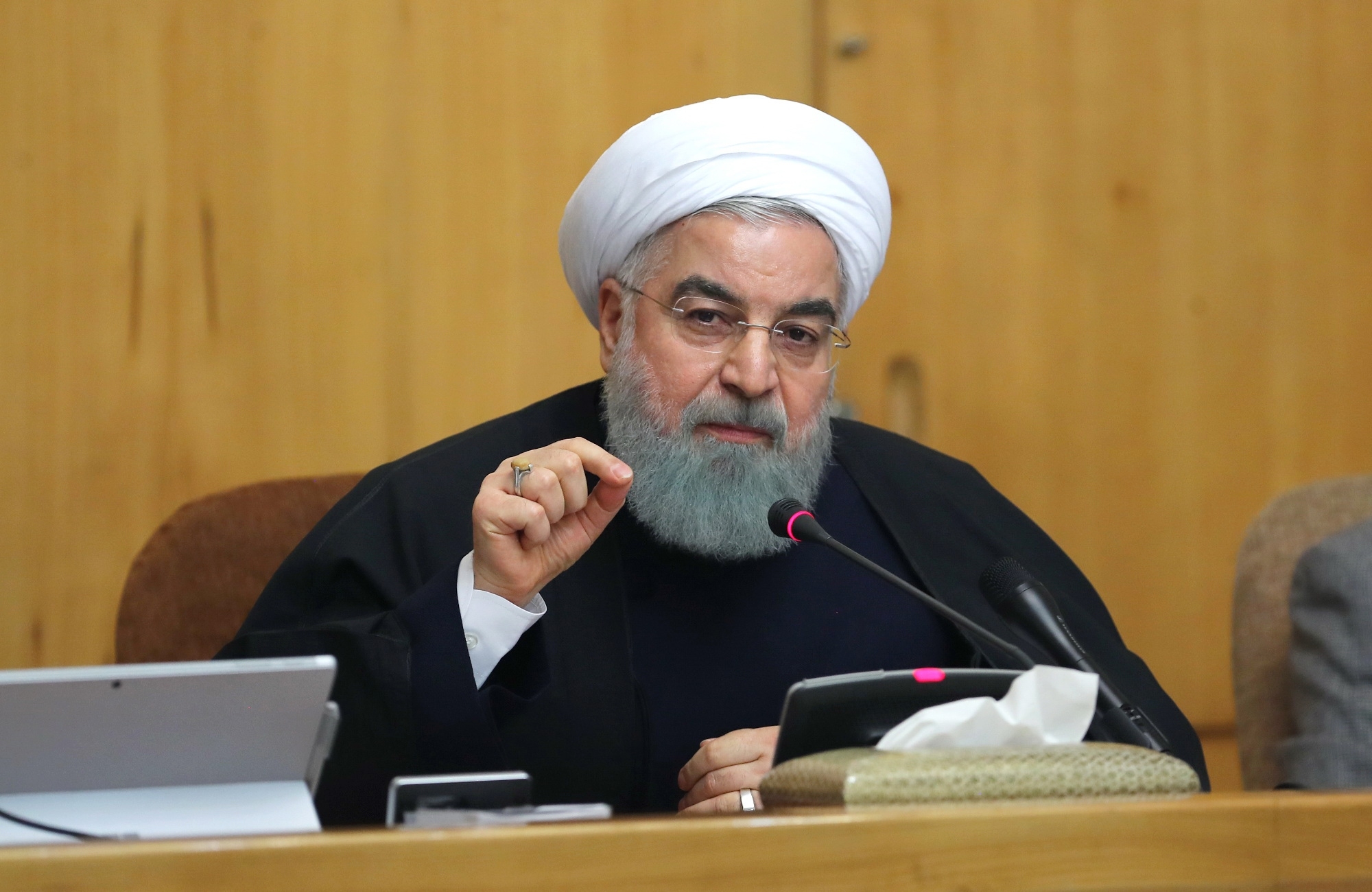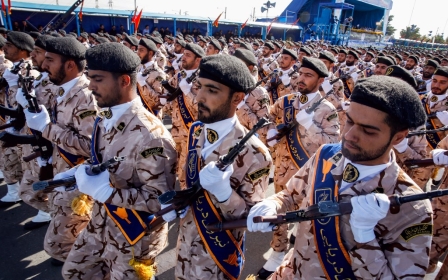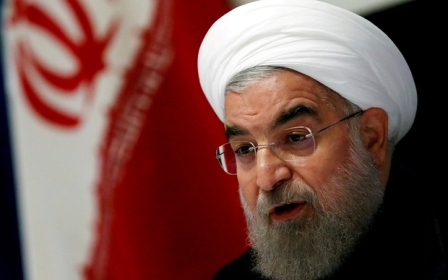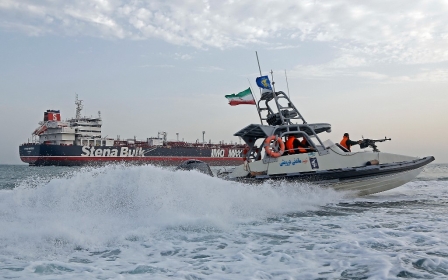Iranian press review: Judicial noose tightens on Iranian activists

Dissidents face harsh prison terms
Hardline Iranian judiciary officials have mounted pressure on student activists, labour unionists and journalists while the international community raises the ante on authorities in Iran.
Last week, an appeals court confirmed an eight-year prison term for student activist Sina Darvish Omran, who was arrested at a December 2018 demonstration in Tehran.
Omran’s lawyer stressed that he would take the case to the Supreme Court of Iran, the country’s highest judicial authority. He also claimed that the University of Tehran’s management had promised to mediate Orman’s case to reduce his client’s sentence.
Another appeals court in Tehran confirmed a four-and-a-half year sentence for Iranian journalist Massoud Kazemi. He has been convicted on charges including “insulting Iran’s Supreme Leader”, “spreading lies” and “insulting other officials”.
The heavy punishment has caused an outcry among Iranian activists and reformist politicians, especially since the verdict coincided with National Journalists' Day, celebrated on 8 August.
Reformist legislator Mohammad Reza Aref took to Twitter, saying: “It was not an appropriate move to confirm this verdict for an appreciated journalist Mr. Massoud Kazemi, instead of removing the limitations on media activists on the Day of Journalists.”
Iran renews warnings of war if Israel joins US forces in Persian Gulf
Iranian politicians and military commanders have stepped up a war of words against Israel’s move to join a US-led operation in the Persian Gulf.
A week after Israel reportedly announced its participation in supporting a US and UK maritime coalition, Iran warned that an Israeli presence could cause a new war in the region.
The commander of the Islamic Revolutionary Guard Corps (IRGC) navy said that, “the US and UK will be responsible for any consequence of Israel’s presence in the Persian Gulf”.
Rear Admiral Alireza Tangsiri also stressed that Israel’s engagement in military action in the Persian Gulf “is illegal and it could spark a war in the region”.
Meanwhile, Iranian outlets posted a video claiming to show footage of IRGC speedboats chasing a British Navy Type-45 destroyer and forcing it to leave Iran’s maritime boundary. The claim was denied by London, saying that the ship in the video belonged to the United Arab Emirates.
The video seems to be captured on a mobile phone by an IRGC member whose voice can be heard to threaten US and UK navies and saying foreign powers have no chance in the Persian Gulf.
New claim on 2015 Hajj stampede sparks controversy
In a television roundtable debate, Iranian officials have been accused of signing an agreement with Saudi Arabia in which Iran accepts all responsibility for a 2015 Hajj stampede incident that led to the deaths of at least 464 Iranian pilgrims.
Morteza Rokn Abadi, who lost his brother in the deadly event, stated in a live broadcast aired on the anniversary of the Hajj pilgrimage incident that he had access to credible sources claiming Iranian officials accepted blame in order to permit Iranian pilgrims to attend this year’s Hajj pilgrimage.
Rokn Abadi’s claim was immediately refuted by officials at Iran’s foreign ministry and Hajj and Pilgrimage Organisation. However, conservatives took the occasion to ask why Saudi Arabia had not yet accepted responsibility for the incident. They also accused Iran’s foreign policy leaders of inadequately dealing with the case.
During the 2015 Hajj over 2,000 pilgrims, many of them Iranian, were suffocated or trampled to death in Mecca. The incident, the deadliest accident in the history of Hajj, further damaged the already sour relationship between Iran and Saudi Arabia.
US sanctions increase hardship for Afghan refugees in Iran
International humanitarian organisations providing aid to three million Afghan refugees in Iran have warned that US sanctions on Iran’s banking system are blocking the much needed donations for their work in the country.
Many Afghan refugees who worked in small workshops have also been left unemployed due to the devastating impact of sanctions on the economy.
Since the 2018 US unilateral withdrawal from the international nuclear deal, many small businesses have been forced to shut down due to the economic crisis and a sharp devolution of Iran’s national currency.
In early August, Jan Egeland, the secretary general of the Norwegian Refugee Council (NRC), warned that millions of Afghan refugees and Iranian families were suffering from extreme poverty because of US sanctions.
“Refugee families are already skipping meals due to the growing economic crisis,” Egeland said.
“They are selling the few assets they have to cover basic costs. Many Afghans that had some work in tailoring have been laid off because of sanctions that lead to workshop closures.”
*Iranian press review is a digest of reports that are not independently verified as accurate by Middle East Eye.
Middle East Eye propose une couverture et une analyse indépendantes et incomparables du Moyen-Orient, de l’Afrique du Nord et d’autres régions du monde. Pour en savoir plus sur la reprise de ce contenu et les frais qui s’appliquent, veuillez remplir ce formulaire [en anglais]. Pour en savoir plus sur MEE, cliquez ici [en anglais].




